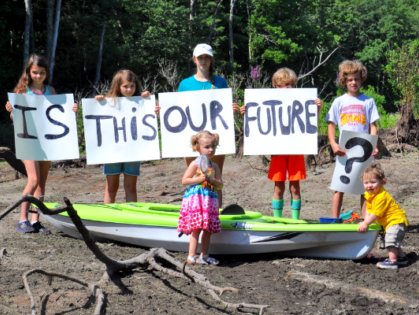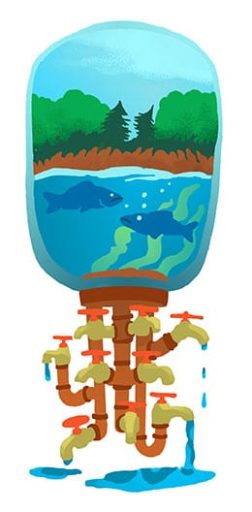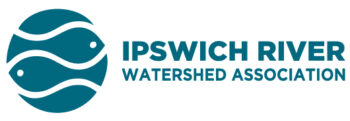The river needs your help.
Making sure there is enough clean, plentiful water to support wildlife, communities and businesses is one of the main challenges we face as the Voice of the River. The Ipswich River provides drinking water for 14 communities, that’s more than 350,000 people who rely on a healthy Ipswich River to go about their daily lives. Though these communities share the same water source, resources for water conservation and public involvement with the river varies. The river itself changes dramatically as it travels from its headwaters in Burlington to the estuary in Ipswich.
Through partnerships, resident-led action, and public feedback we are working to ensure the future of reliable water and all that a healthy Ipswich River makes possible. Continue scrolling to read more!
The river is so much more than a water source.

The next generation looks ahead and wonders, will the river will still be here for our children?
Greenscapes: Water for People
TAKE PART IN A RESIDENT-LED WATERSHED RESTORATION PROJECT
THAT COULD TRANSFORM THE REGION!


The Greenscapes: Water for People Campaign is a collaborative effort. The goal of the campaign is to help communities promote clean water, sustainability, healthy landscapes and natural beauty through resident-led restoration work. Participating residents become leaders in a regional restoration project that multiplies natural spaces in their neighborhoods. Together, residents who care about clean water can shift behavioral norms in their neighborhoods and help move their communities towards a new concept of what it means to have a lawn.The first step to more sustainable communities calls for inaction: residents are asked to conserve water and in particular not to water their lawns. Be a community leader-take the pledge (and get a free lawn sign) below!
Rethink Your Yard
Did you know?
- Frequent watering makes grass more sensitive to dry conditions, by causing it to develop shallow roots.
- 80% of the water used on lawn irrigation evaporates into the air.
- On average, Massachusetts households that water their lawns in the summer use up to 1,900 gallons of water a week. That’s like running your shower for 12 hours!
- Lawn watering occurs during the time of the year with the least amount of precipitation and hottest, driest days.
- The standard turf grass used on lawns, Kentucky bluegrass, is a non-native species from Europe that requires LOTS of water to stay alive.
- The rivers and streams in our region are already stressed. The Ipswich River, for example, provides water to 13 communities and 350,000 people and businesses.
You don’t need to water to have a green yard! Bob Lemoine (highlighted in the video above) has never watered his lawn in 40+ years, choosing instead to conserve water for the Ipswich River he’s long supported as a member of the Middleton Stream Team. Bob’s lawn hasn’t suffered at all - it’s green, biodiverse, and low maintenance.

WATER NEUTRAL GROWTH
Water withdrawals are severely stressing the Ipswich River, a problem that is growing due to climate change and increasing rates of development. Even outside of drought conditions recent town studies indicate that communities that depend on Ipswich River water are at risk because of the lack of water supply resiliency.
Addressing water management in Ipswich River communities is especially urgent since the state set a fixed Safe Yield on withdrawals from the river in 2014 below existing authorized withdrawals. This means that communities that rely on the river for their water must live within existing limits forever. This puts municipalities in a position where they must provide enough reliable water to their residences and businesses within existing allocations or pursue alternatives outside the watershed.
A Net Zero Water Use Policy toolkit was developed to assist communities in implementing Ipswich River's Net Zero Water Use Policy which was adopted in January of 2019. The Toolkit includes tools for land use, water conservation, and new programs which will help towns accommodate new growth and development while protecting the resiliency of their water supply. View town recommendations here.
